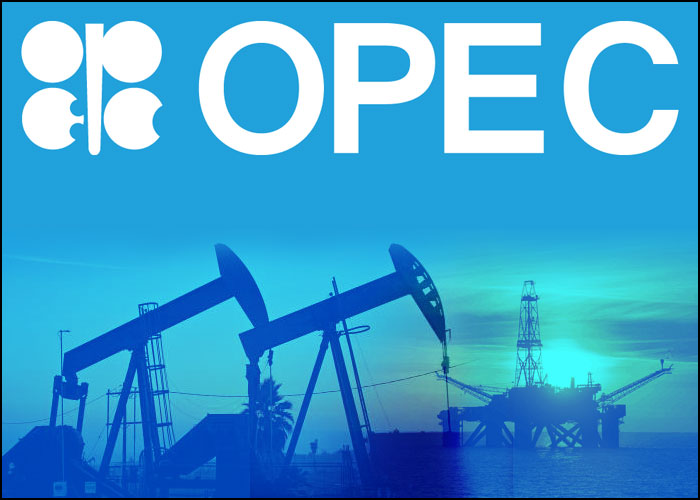During last week’s OPEC + meeting the group agreed to keep production cuts of 9.7 million barrels per day until the end of July. This effort has helped bolster oil prices to levels of almost double the values in April. The prior OPEC + meeting brought forth the creation of a new advisory group, the Joint Ministerial Monitoring Committee. According to Reuters, “To step up consultations on the effectiveness of the agreement, OPEC+ also agreed that a panel called the Joint Ministerial Monitoring Committee or JMMC, will meet monthly until the end of 2020. Its first such meeting is on Thursday next week… “It’s an advisory committee that can make recommendations,” one of the OPEC+ sources said of the JMMC’s role, declining to be identified by name.” The member nations that compose the JMMC are Algeria, Kuwait, Venezuela, Nigeria, Iraq, United Arab Emirates and Saudi Arabia, plus non-OPEC countries Russia and Kazakhstan.
The JMMC will be responsible for overseeing multiple OPEC + initiatives, but its most important advisory capacity will be that of monitoring countries that have not been able to deliver their required cutbacks, and whether or not those countries could cut more production to get closer to the group required levels. The JMMC’s public remarks have all been geared towards the short term. In an Argus Media article, Russia’s oil minister Alexander Novak is quoted as saying, “As for August, it is too early to make any forecast. We took a decision about July and we continue to monitor the situation with the recovery of the demand, including air transport, road transport,” Novak said. In addition to compliance with quotas, OPEC + will watch “the current market situation, the monitoring of the speed of demand recovery… and stocks, of course” he said, pointing out that global crude stocks rose “significantly” over the past few months.”
As coronavirus fears are meshed with the global desire to reemerge from the pandemic it will be an interesting tussle between the balance of supply and demand. Countries who are dependent on the price of oil may have a vested interest in lowering the global supply by making production cuts, or conversely may lower coronavirus restrictions in hopes to stimulate demand. It is clear however that only time will tell.
Sources
https://www.rttnews.com/3050817/opec-for-deeper-oil-production-cuts.aspx
https://www.argusmedia.com/en/news/2112383-opec-extra-cuts-will-end-in-june-update-2




